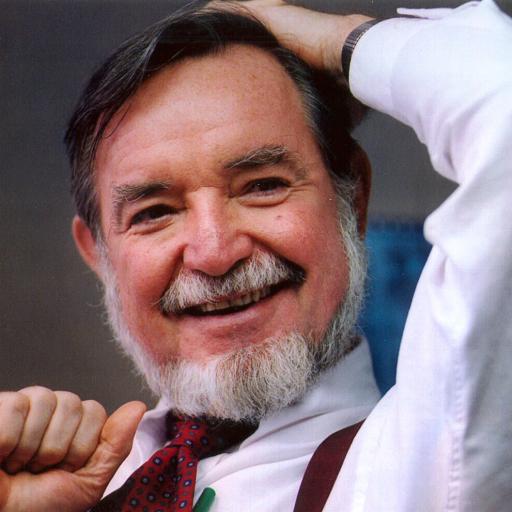
State or Province:
country:
USwhat are your gifts and talents?:
why do you want to join abcd in action?:
A Citizen-Centered Culture: A Tale of Two Neighborhoods
The Dutch Association of Mayors invited me, as a representative of the Asset-Based Community Development Institute, to visit their 20 largest cities and share an asset-based approach with neighborhood leaders in each city.
In one of the first cities I visited, the chair of one neighborhood organization said, “I’m glad you’re here because we really don’t do anything but throw a party twice a year. We need to do something, to have a purpose. Now we are totally useless and have no power.”
He went on to explain that in his city the municipal government hired one full-time person to assist each neighborhood. He said their “neighborhood guy” was an excellent person and if anything needed to be done, he did it or used city resources to get it done.
Then he described his neighborhood as a “city dependency” and he said, “We are powerless and unproductive, isolated except for our gathering at two parties each year. On the other hand, the neighbors know that if they want something done, our accessible neighborhood worker can usually do it using his resources and contacts.
As I moved on to other cities, I met a woman who was chair of another local neighborhood organization. She was full of pride and immediately told me of one of the “victories” of her group. She said that for longer than anyone could remember, early every morning a householder from each home would go out in front of their house with a broom, mop and a bucket of water. Then she said, “They cleaned the streets.” They would mop their half of the street in front of their house, rake the small parkway between the street and their sidewalk and sweep the sidewalk itself. Over the years, she said neighbors got to know each other very well as they worked together. As a result, they had taken on other community work – beginning years beyond memory. They managed the plants in the neighborhood, planting decorative flowers in the narrow parkway and occasionally installing new bushes or trees. Then, and no one knew when it started, they formed a children’s cooperative in the neighborhood. Neighbors took care of all the children on the block. They bought children’s food collectively and had someone on call to stay or play with children - usually a neighborhood senior.
Then she told me the neighborhood “victory” story that gave her so much pride. Several years ago, she said, the city announced they had bought street sweepers and would clean the streets in their neighborhood. She said, the neighbors were shocked. How could the City had ever thought of disrupting their community tradition? It only took a day for the neighbors to organize a protest at City Hall. The neighbors “shocked” the City Managers with their anger about the street sweepers. At the end of the protest the City officials agreed they would never sweep the streets in their neighborhood. I can still feel the power and pride she felt because of what she and her neighbors did.
While her story is specifically about street cleaning, it is also a story about neighborhood culture where people felt they had work to do by cleaning streets, nurturing the environment and supporting children.
A culture is a way a people have learned, through time, to survive in a place. In this sense the first neighborhood has no culture; no way to survive. As its chair wisely observed, there was no productive citizen culture. Instead, the neighbors were a group of people isolated in houses and dependent consumers. They had no role as productive citizens.
A citizen is a person who may vote, but her/his real power is in their ability to create a community vision and bring that vision to life by acting collectively in association with each other. Citizen work is sustained by a culture – the common knowledge that here in this place we have work to do together.
Perhaps the point was best made by the leader in the second neighborhood. When I asked her why all the neighbors insisted on cleaning the streets, she said, “Because they are our streets. It’s our way, each day, of feeling the power of working together.”
